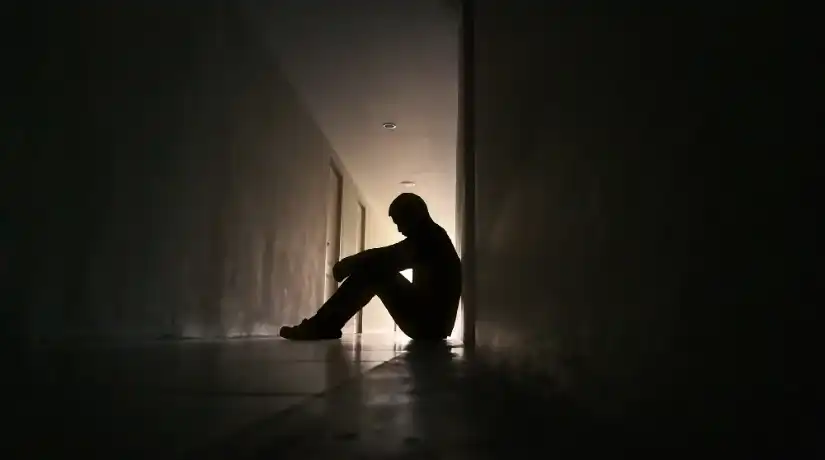Suicidal Ideation
Suicidal ideation, the distressing state characterized by recurrent thoughts of self-harm or suicide, poses a profound challenge to mental health professionals and individuals alike. Traditional treatment methods, while effective for many, may not always provide the relief needed for those battling the complexities of suicidal thoughts. In recent years, a novel approach has emerged: psychedelic therapy. This article explores the application of psychedelic therapy for the treatment of suicidal ideation, including the treatment methods employed and the demographics that might benefit most from this innovative approach.

Treatment Methods
Psychedelic therapy for suicidal ideation represents a multifaceted approach that places individuals in a carefully controlled and therapeutic environment. The treatment is conducted under the supervision of trained therapists or guides.
Before embarking on the psychedelic journey, individuals engage in preparatory sessions with their therapist or guide. These sessions serve multiple purposes, including establishing trust, setting intentions, and defining therapeutic goals. Trust between the individual and therapist is of paramount importance throughout the entire process.
The heart of psychedelic therapy lies in the actual psychedelic experience. Individuals are administered a precise and measured dose of a psychedelic substance, such as psilocybin, LSD, or MDMA. They enter an altered state of consciousness that encourages profound self-exploration. The therapist or guide plays a pivotal role in ensuring emotional support, guidance, and a safe environment during this transformative journey.
Following the psychedelic experience, individuals engage in integration sessions. Integration is a crucial aspect of psychedelic therapy, where individuals work with their therapist to process the insights and emotions brought forth during the experience. It involves making sense of the revelations, addressing lingering thoughts of suicide, and developing practical strategies to cope with these feelings.
The therapeutic journey does not conclude with the psychedelic session. Therapists maintain ongoing contact with individuals, offering support, monitoring progress, and facilitating further integration of insights gained from the experience. This continued support is vital in ensuring that the benefits of psychedelic therapy endure over time.
Who Benefits Most from Psychedelic Therapy for Suicidal Ideation
While psychedelic therapy holds promise for a broad range of individuals dealing with suicidal ideation, certain demographics may derive particular benefit:
Treatment-Resistant Cases: Individuals who have not responded to traditional treatments, such as psychotherapy or medication, may find newfound hope and relief through psychedelic therapy.
Trauma Survivors: Suicidal ideation often arises from unresolved trauma. Psychedelic therapy provides a unique opportunity for individuals to confront and process these traumatic experiences, potentially leading to a reduction in suicidal thoughts.
Existential Explorers: Those who seek deeper existential or spiritual insights might find that psychedelic experiences offer profound revelations about life's purpose and meaning.
Strong Therapeutic Relationships: A solid and trusting therapeutic alliance between the individual and their therapist or guide often predicts positive outcomes in psychedelic therapy.
Psychedelic therapy for suicidal ideation represents a groundbreaking approach to addressing a deeply distressing mental health concern. Although further research is needed to fully understand and validate its efficacy, initial studies and anecdotal reports suggest that this innovative therapy holds significant promise. By providing a secure and supportive environment for self-reflection and healing, psychedelic therapy offers a glimmer of hope and a new path towards recovery for those who grapple with suicidal thoughts.